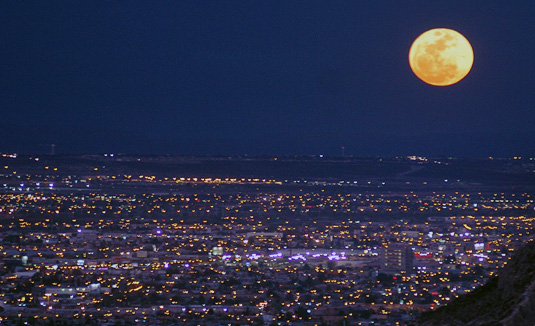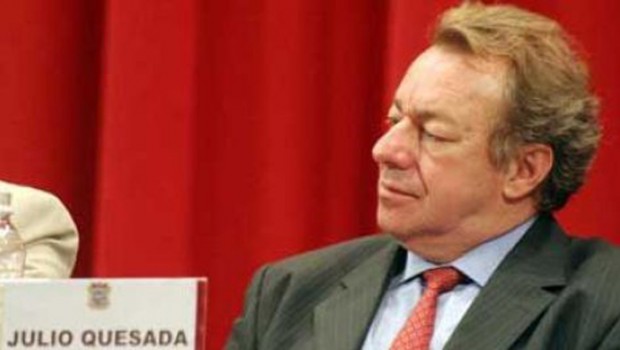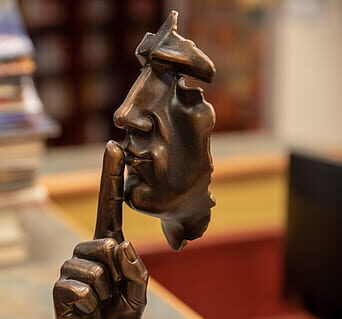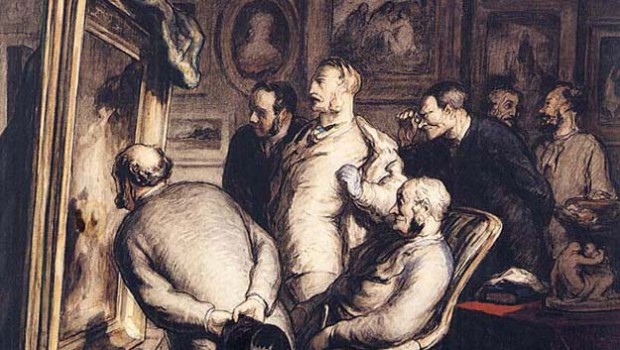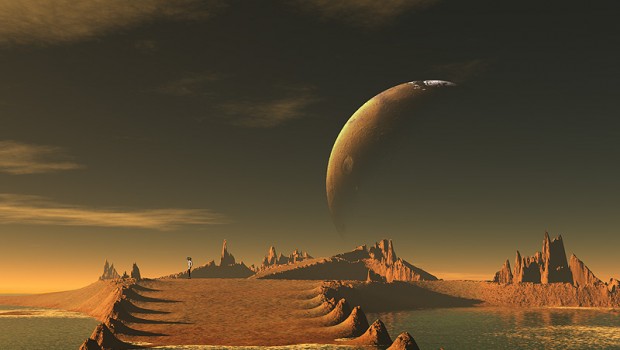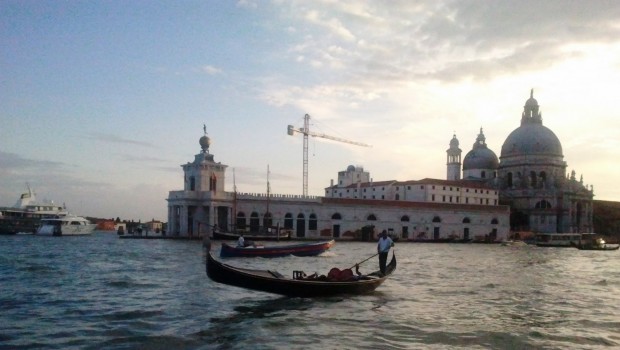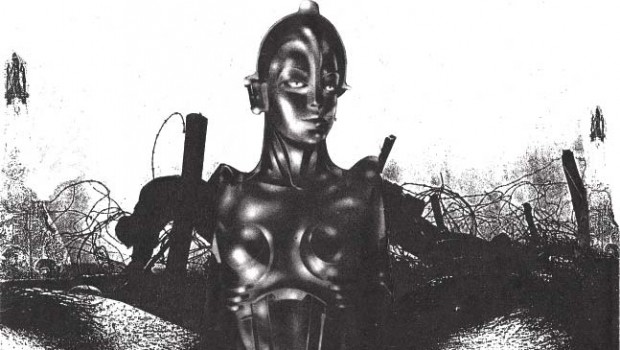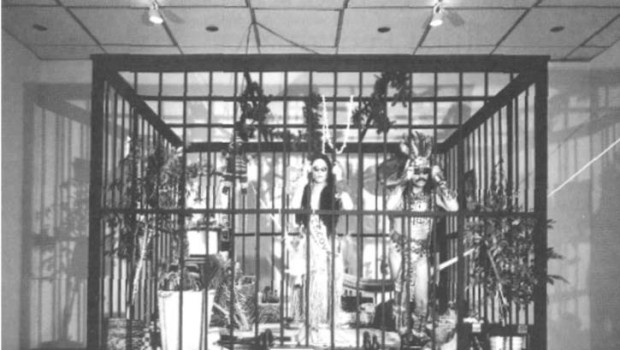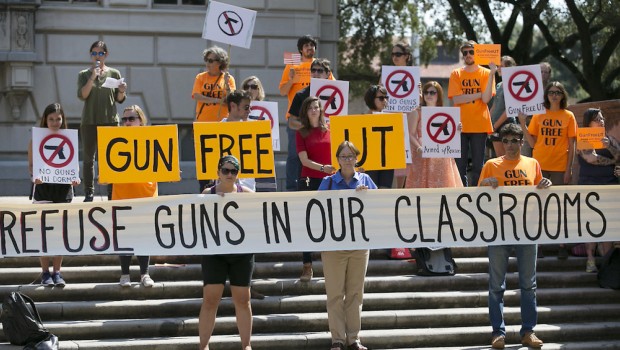The Loss of Juárez How Has the Violence in Juárez Changed Border Culture?
Sergio Troncoso
Recently I returned home to El Paso, and as we drove back to Ysleta on the Border Highway a sense of sadness overtook me. My kids, Aaron and Isaac, have for two years been clamoring to go to Mexico. They have studied Spanish in New York City, where we live, and their classroom walls are covered with posters from Latin America and Spain. When we return to Ysleta to visit their abuelitos, that is the opportunity to transform the Spanish language and Mexico to more than just academic subjects, to eat an enchilada or an asadero, rather than just to lick your lips at pictures.
But my wife and I have said no, because of the rampant violence in Juárez. On this day we settled for stopping on the shoulder of the freeway, just after the Bridge of the Americas and on top of the Yarbrough overpass. My sons took photographs of Mexico and the infamous border fence they have studied in school. “It looks like the wall of a rusty prison,” one said. My niños smiled at me, as good sons do, but theirs weren’t really smiles. They were obedient, and acquiesced. Perhaps Aaron and Isaac silently questioned whether their parents were overly protective, or just old and narrow-minded.
I do want them to know the Juárez I knew as a child. But the current violence and the wall have separated us. It is no compensation to look at Juárez from afar, and I felt as disappointed as my children. What I know, what I want them to know, I can’t show them, because I will never willingly put them in harm’s way.
What many who have not lived on the border may not understand is how close El Paso and Juárez were, and are, even today. Close culturally. Many with families in both cities. Close in so many ways. When I was in high school in El Paso, my family always–and I mean every Sunday–had a family dinner in Juárez at one of my parents’ favorite restaurants: Villa Del Mar, La Fogata, La Central, Tortas Nico, and Taqueria La Pila.
It was going back in time, to the city where my father and mother met and were married. But it was also to experience another set of rules and values, to a mysterious country with more bookstores than I ever saw in El Paso, to tortas and open-air mercados, to primos who would drop everything to show me their horses, and even to my first funeral–the open casket after all these years has remained vivid in my mind. A young boy, the son of a friend of my parents, had been run over by a car. Juárez for me was primal and powerful; it was my history. I thought I understood it instinctually, even spiritually, and that is just when it baffled me the most. After graduating from Harvard, I spent a year in Mexico City, a Chicano Chilango, in order to decide whether I belonged in the United States, or en el otro lado.
On Monday just before we left for El Paso, I was trying to explain this to friends in Boston, at a Passover Seder. How Juárez was closer to El Paso, than New York City was to New Jersey. How people went to lunch in Juárez and were able to return to the United States in a couple of hours. How we used to go to Waterfil over the Zaragoza International Bridge (on the eastern outskirts of Juárez) for Easter picnics, clinking cases of Fantas, Sangrias and Cocas, for jarampiñados, pan dulce and pan francesito, and my personal favorite, homemade Mexican fireworks. All of what we could not find in Ysleta. Yes, it was that close, in the most trivial and profound ways.
I tried to explain to these Red Sox fans how when I went to Juárez as a child and as an adult in El Paso, it was more than just for food and tchotchkes. It was going to another possibility of being. The buildings were older than those in El Paso, and the streets more congested. The cobblestones and curbs were well-worn and shiny. The shoe shine boys snapped their red rags on shoes waiting atop hand-carved shoe-shine kits. I marveled at the men who fixed flats in Waterfil, their hands a deep brown, working quickly to snap a tire out of its rim with a few perfectly placed strikes of a tire iron.
Returning to Juárez was returning to the elemental, to a living history, to discovering an innate intelligence and workmanship that comes to be when you have to make do. Returning to Juárez was gaining an understanding of my father and mother. Despite backbreaking hardships, no money, and eking out a living in the desert of Ysleta, on weekends they would crank up their old stereo to listen to Javier Solis and Los Panchos. On their porch in Ysleta, in front of my mother’s rose bushes, the sun setting behind the Franklin Mountains to the west, they were happy and in love. But their indomitable spirit had been nurtured not in America but on the other side.
So Juárez was never a joke for me, as it was for some of my Anglo friends and not a few of my Chicano friends from El Paso. It was a portal to another world that felt at once deeply familiar and strangely fascinating.
On the other hand, El Paso was littered for miles with fast food chain stores and perfectly built highways where a human being walking seemed an oddity. In grade school, I once went to an event honoring the famous Mexican-American golfer Lee Trevino, and my parents bought me a t-shirt that declared in bright green letters, ‘I’m one of Lee’s fleas!’ But what I most remember about that day was a burly Anglo man strolling by with his wife and sniggering, “That’s one fat flea.” My pride turned to shame. In El Paso as in Juárez, I also fit in and did not fit in, but too often in Texas the ambiguity of this existence was laced with hurt.
Three years ago the Juárez I knew changed. An unprecedented orgy of drug violence exploded in Juárez. The government against drug cartels. Soldiers on Avenidas 16 de Septiembre and López Mateos, with machine guns anchored atop jeeps. Dozens of murders per week. Sometimes dozens of murders in one weekend. The breakdown of society, with hundreds of thousands fleeing the violence. Three years ago, we lost Juárez, as a place to show our kids where their abuelitos came from, and in so many other ways. My parents have not returned to their hometown in three years. This past that has shaped them, even though it is less than a few kilometers away, is now a forbidden, forsaken territory. It is a deeply felt loss for many of us in El Paso.
I am tired of pointing out that the billion-dollar drug habits of the United States and the millions of dollars of American guns illegally exported to Mexico are root causes of the drug violence. How often can you point out American hypocrisy and myopia on the drug violence in Mexico before you realize that you cannot force a people to understand what they do not want to see. I am tired of witnessing a corrupt local police force in Mexico, and an ineffective national government, which has failed to provide for the basic security of its citizens. For the moment, the hypocrisy, the idiocy, and the cheapness of life are too much to bear.
Thousands of lives have been lost. Neighborhoods have been abandoned. On the American side of the border, we hear precious few enlightened words from politicians, a reach even under the best of circumstances. Instead, electioneering demagogues have jumped at the opportunity to target the powerless, the dark-skinned, the other.
I just miss Juárez. I miss it as a place to show my children how their abuelitos began in this world. I miss Juárez as a place to appreciate another way to be. When will this nightmare end?
My only hope is how Juárez has, in part, come to El Paso. In relocated people, with Green Cards, who have fled the violence. In new restaurants and other businesses in El Paso, which once thrived in Juárez. Here, on this side, they wait for the darkness to pass. But even when a peaceful Juárez returns –and I know one day it will– it will not return to what it was. In the memories of those who survive will be what was lost for a few years, and perhaps forever.
Posted: April 23, 2012 at 6:21 pm


